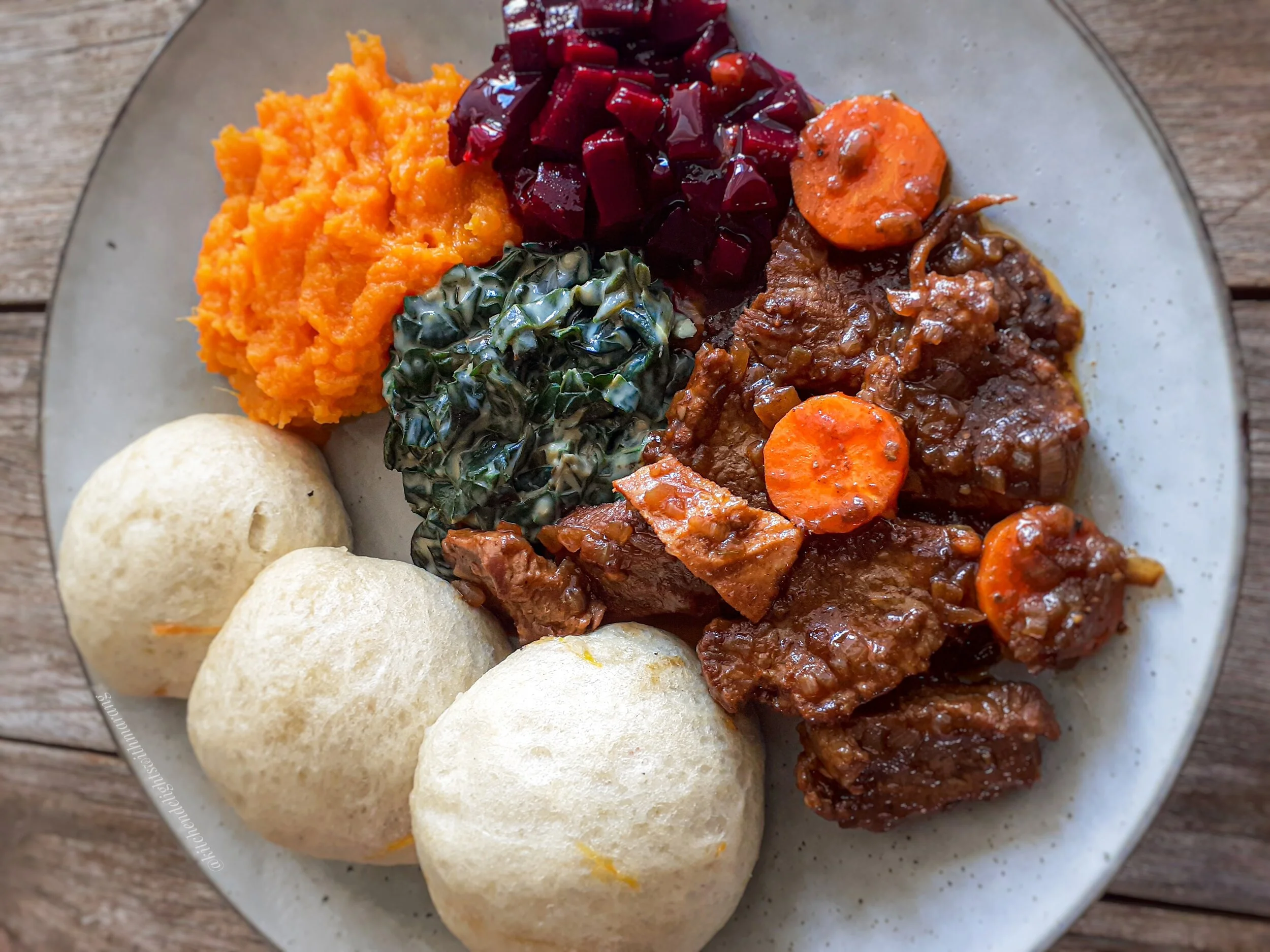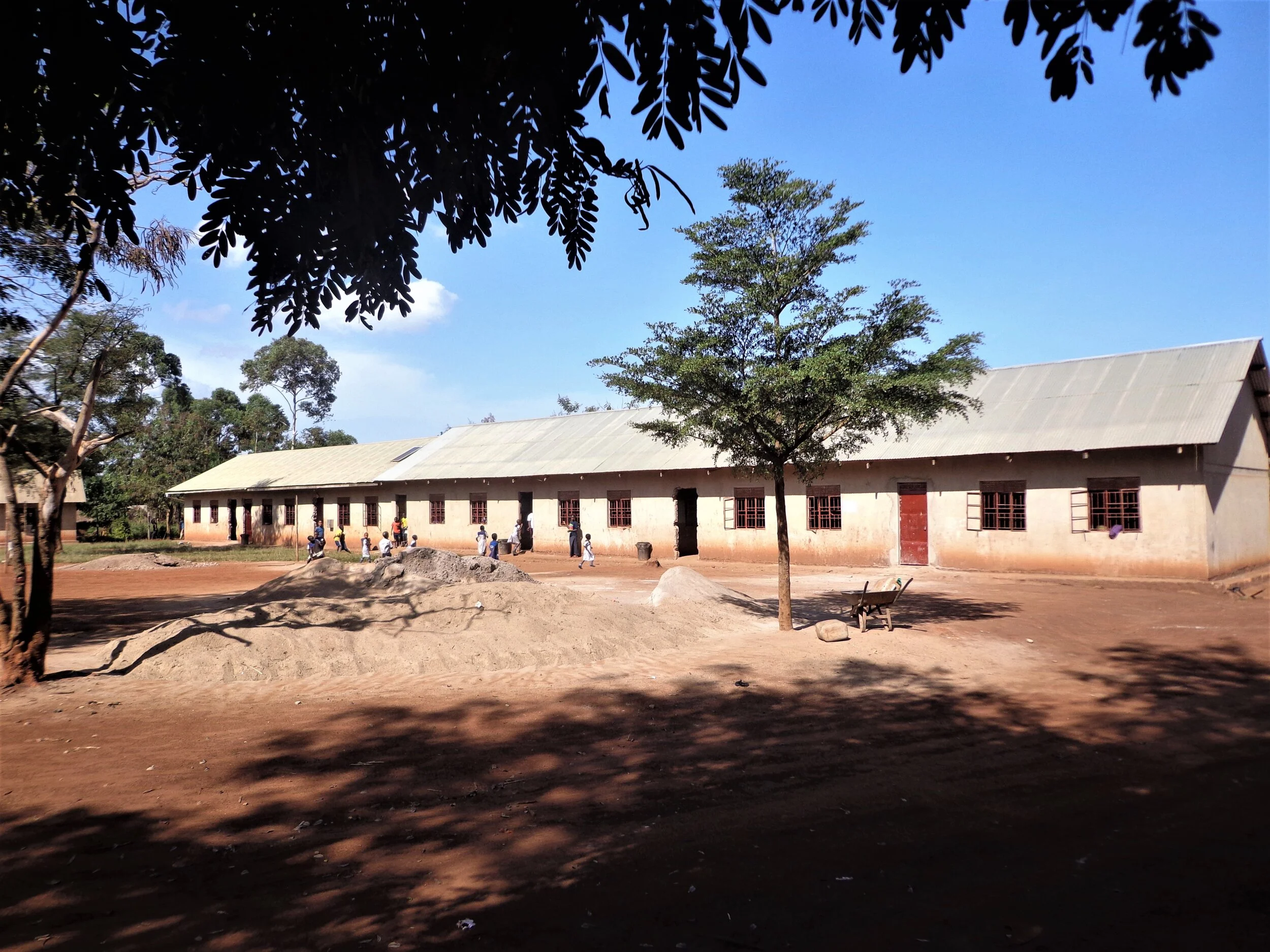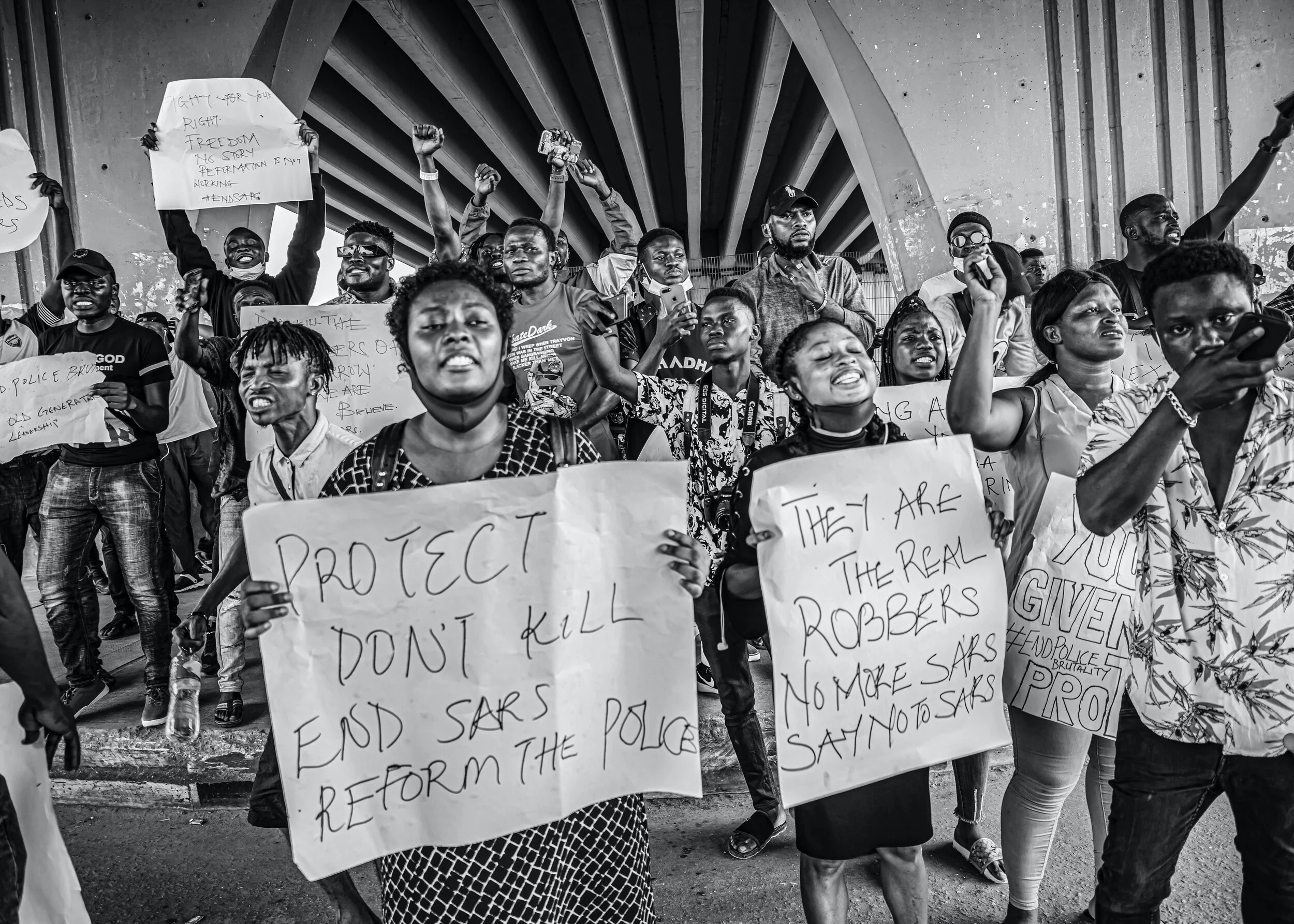More Than a Refugee
Joseph Munyambanza. Shravan Vidiyarthi/Intersect
I’m Joseph Munyambanza, executive director of COBURWAS International Youth Organisation to Transform Africa (CIYOTA), an NGO that runs sewing, micro-finance, farming programs and offers adult education to refugees in Kyangwali settlement in Uganda. It also provides primary school education, and our hostels house students attending secondary school outside the camp.
At age 14, a group of friends and I founded COBURWAS, CIYOTA’s education arm. Today, we’ve supported over 1000 pupils in primary school, 700 in secondary school have 40 of our students in universities around the globe.
Life as a Refugee
I’m the second of five children and have lived most of my 27 years in Kyangwali. My family fled the Democratic Republic of Congo due to war when I was six. Going from a stable life to one without certainty was tough.
As a refugee, I came to know deprivation. In my village in DRC, I ate to my satisfaction, played with friends and went to school. But all these simple acts became a luxury in the settlement. For a year, I didn’t see the four walls of a classroom. Hunger became a close companion and survival took a front row to football and friendships. My elder sister died while giving birth because we couldn’t afford her medical bills.
I was seven when I started attending primary school again. Before class, I would work on the farmland the Office of the Prime Minister had allocated to my family. My hands developed blisters from hoeing and I went to school on an empty stomach occasionally, sometimes two days in a row. When there was no money for paraffin, my mom would sit with me under the moonlight to provide protection as I studied. Although my parents never attended school, they saw formal education as a gateway out of poverty.
In school, I excelled despite having one teacher catering to a class of over 150 pupils. The UNHCR noticed my academic achievement and offered to sponsor my secondary education. It was in secondary school that the idea of building a school that provided free meals to students materialised.
When the UNHCR could no longer support my secondary education, a friend through his NGO Educate! took up the responsibility. He then encouraged me to apply to the African Leadership Academy (ALA), an A-levels program in South Africa that mentors and offers leadership and entrepreneurial training to young Africans developing their communities. ALA opened me to a world of possibilities. There, I heard about the MasterCard Foundation, which eventually sponsored my tertiary education at Westminster College in the US. I now have a BSc in Biochemistry and hope to obtain an MBA from Stanford once CIYOTA is on stable footing.
He for She
I’ve always been passionate about girls’ education. This is why CIYOTA supports teenage girls at risk of dropping out of school by providing sanitary products, paying tuition fees for those who can’t afford them, and speaking to them about the importance of getting an education. We also meet with parents to ensure they understand the ramifications of withdrawing their daughters from school. So far, we’ve managed to retain a sizable student population.
Someday, I’ll go back to the DRC with my wife and two children who currently reside in the US. That’s my dream. But right now, helping refugee children access quality education is my top priority.
A version of this story appeared in the April edition of The Africa Report.
You May Also Like











